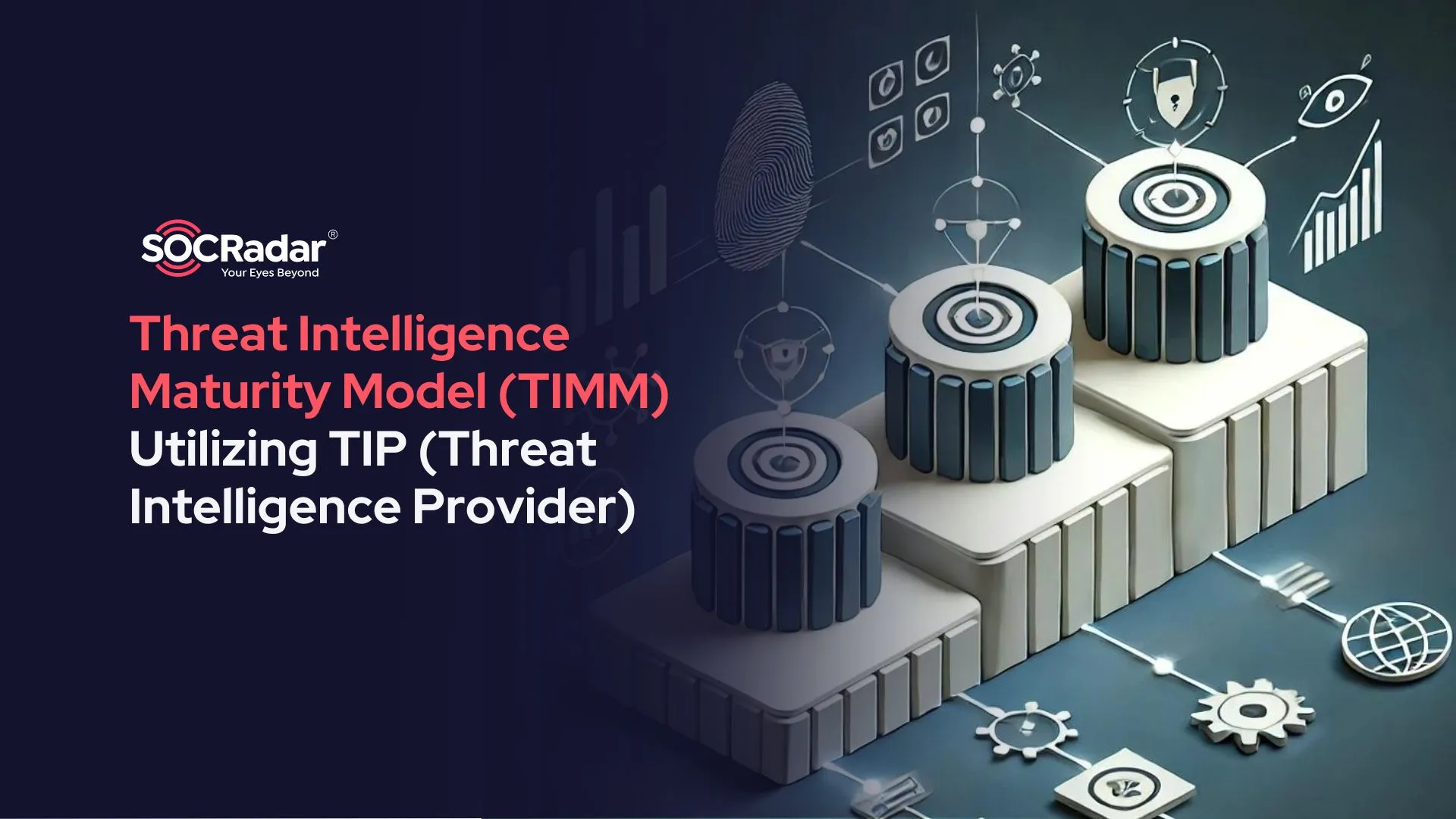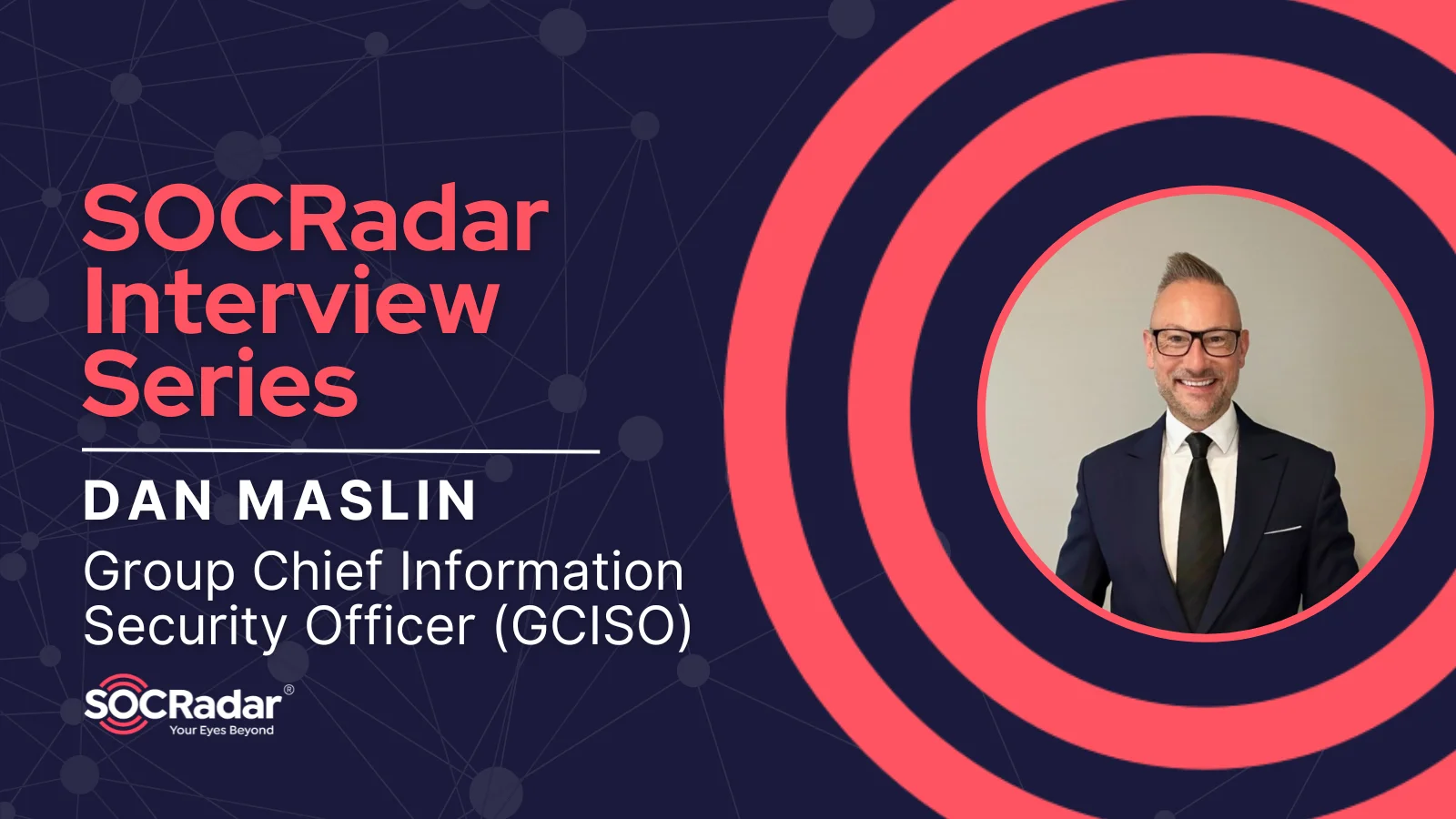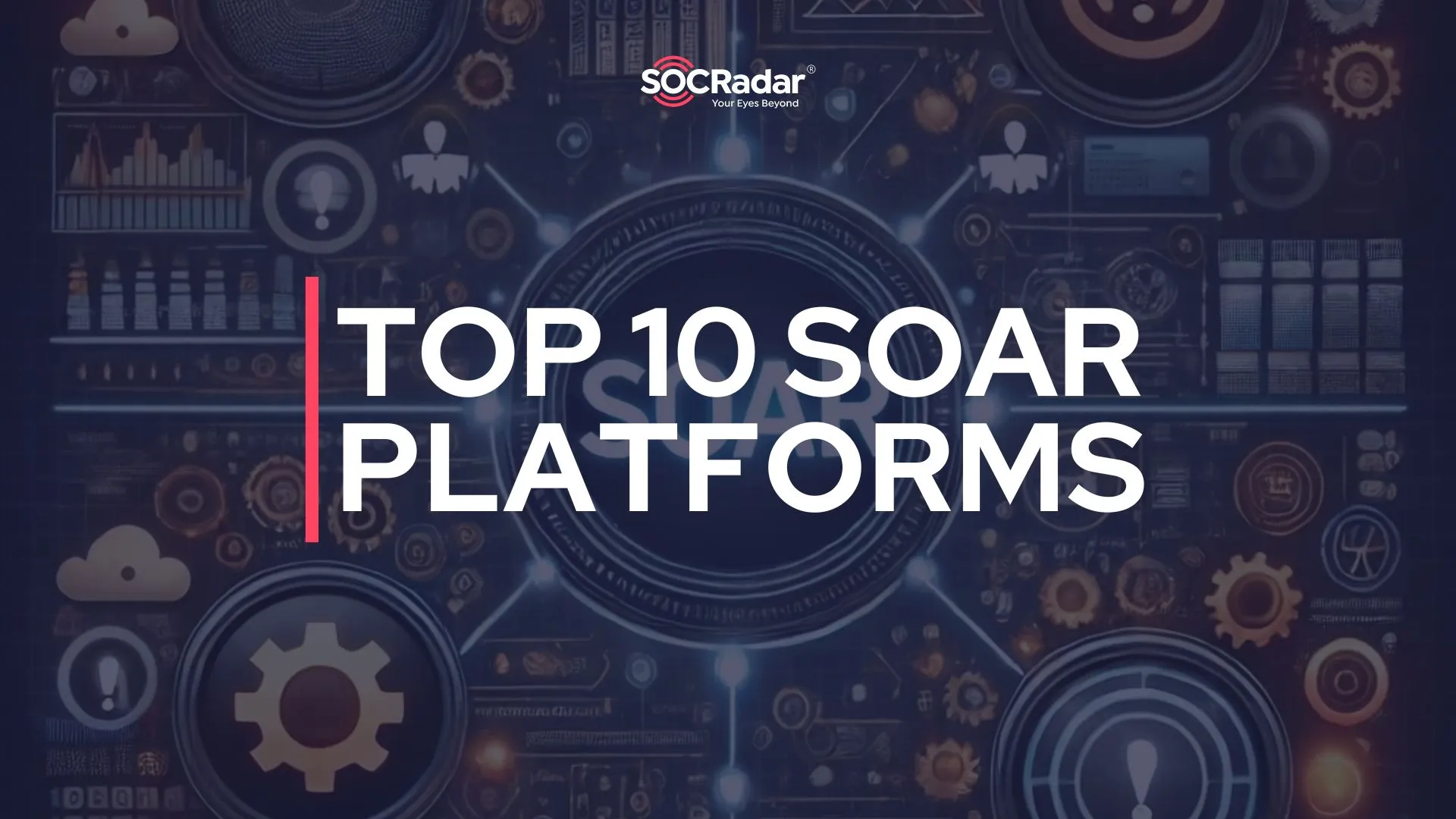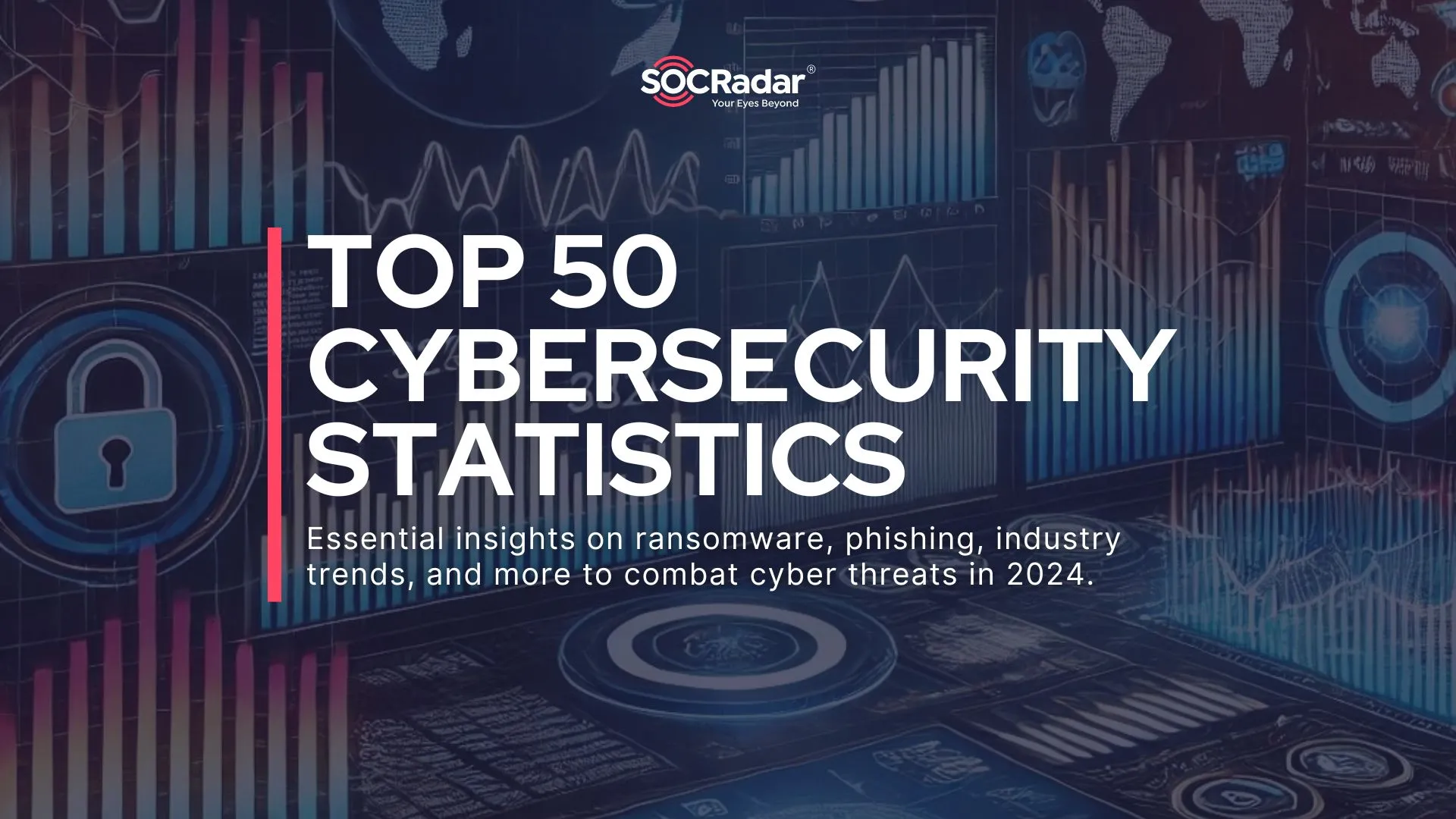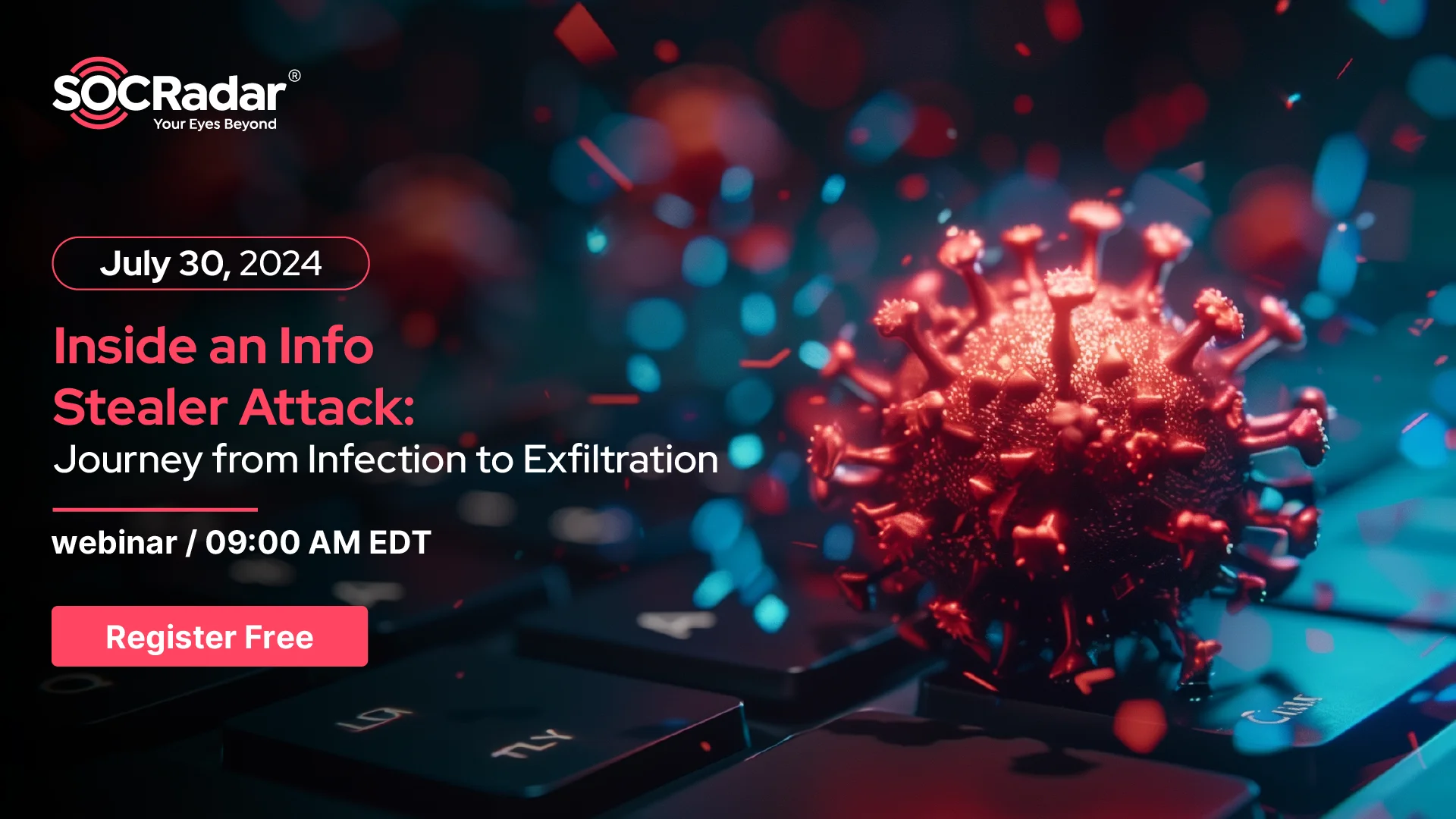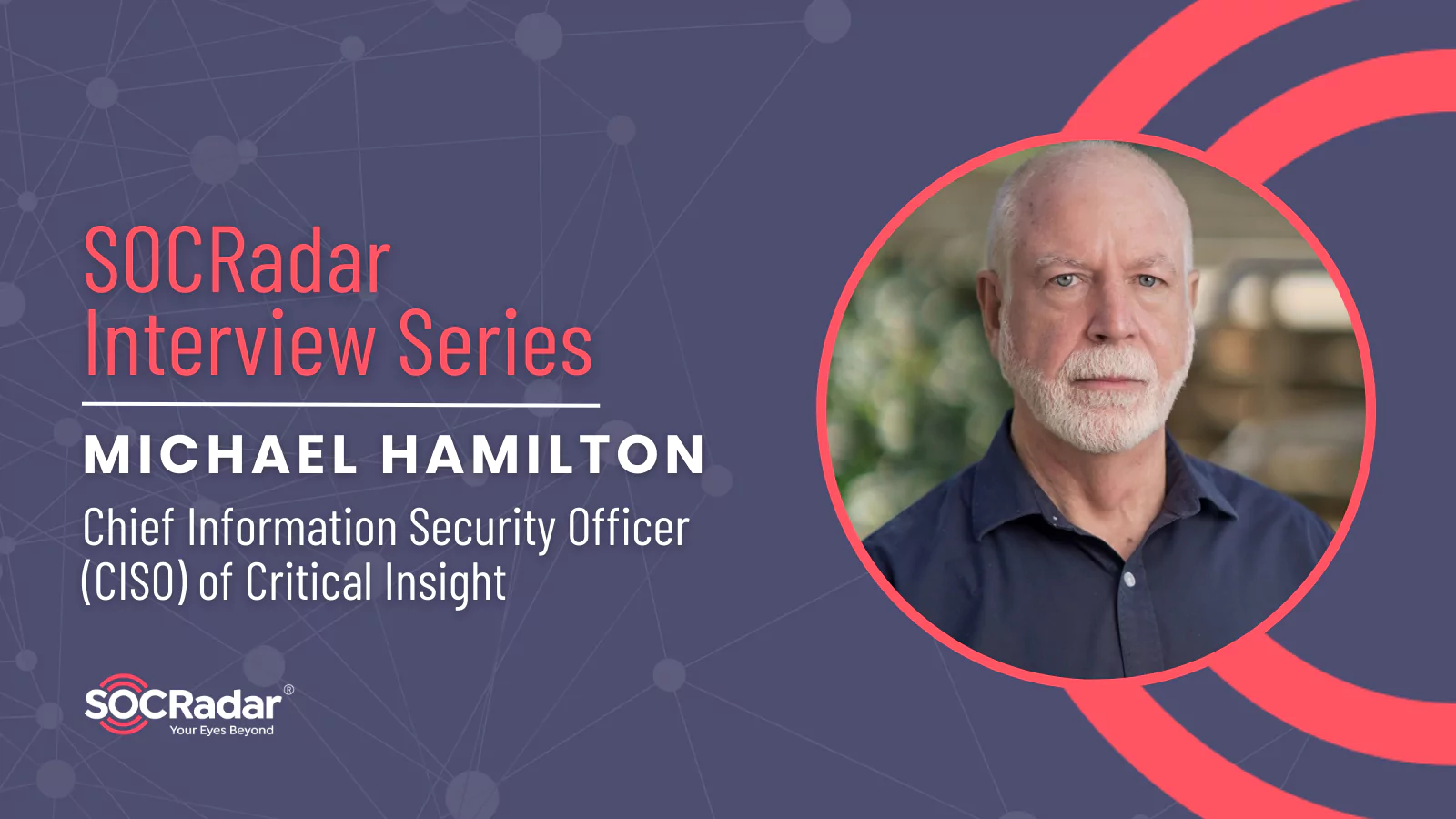
Insights from CISO Michael Hamilton: Navigating the Ever-Evolving Cybersecurity Landscape
Cybersecurity constantly evolves in today’s fast-paced digital world, with new threats and technologies emerging regularly. To shed light on the key trends and strategies that organizations should be aware of, we recently interviewed Michael Hamilton, the Chief Information Security Officer (CISO) of Critical Insight. Hamilton’s extensive experience and expertise in cybersecurity provide valuable insights into the challenges and opportunities ahead.
Emerging Trends and Technologies in Cybersecurity
When asked about the emerging trends and technologies impacting the cybersecurity landscape, Michael Hamilton highlighted that while Artificial Intelligence (AI) is on the verge of entering the “trough of disillusionment,” it still holds great promise for cybersecurity. Additionally, Hamilton noted that Gen Z activists are emerging as new criminal actors. While there is a growing effort by government agencies to regulate cybersecurity, those efforts are being met with resistance from the private sector and states.
Prioritizing Threats in the Cybersecurity Industry
Mr. Hamilton identified three primary threats specific to his industry and region. First, criminal and nation-state actors increasingly focus on key sectors such as local government and healthcare. Second, criminal organizations are improving affiliate and as-a-service models, making cybercrime more accessible. That has caused an explosion in the population of actors willing to engage in low-risk cybercrime. Lastly, wartime activists pose a growing threat to critical infrastructure due to their lack of adherence to conventional rules of engagement. These threats are prioritized because they directly impact people’s lives and are not just abstract risks.
Budget Allocation and Risk Governance
Regarding budget allocation for cybersecurity, he stressed the importance of moving beyond simply purchasing new tools. Instead, he advocated for risk governance and board-level representation of security. He emphasized that resilience should be a key focus, as organizations must be prepared to withstand cyberattacks.
Effective Strategies Against Ransomware Attacks
Ransomware attacks have become increasingly prevalent, and Michael Hamilton highlighted the importance of monitoring and detection to reduce the dwell time of threat actors. He also recommended steps to limit the value of stolen records and enforcing a policy of personal use on personal devices.
The Role of AI and ML in Cybersecurity
Artificial intelligence and machine learning play a crucial role in contemporary cybersecurity strategies. These technologies can establish baselines of average behavior, enabling the detection of aberrational events. Managed security services have already implemented AI and ML for threat detection, and AI is already augmenting tier-1 Analysts used to perform first-pass investigations.
With the rise of remote work, organizations must adapt their cybersecurity strategies. Hamilton emphasized using managed endpoint devices with remote quarantine capabilities, strict physical and operational workspace security policies, network access control, monitoring, and multi-factor authentication.
Hamilton’s organization routinely collects and evaluates security attestations to ensure suppliers and vendors adhere to security standards. Perimeter scanning alone is considered insufficient.
Michael Hamilton highlighted the importance of focusing on resilience rather than trying to prevent all threats. Organizations should be prepared to respond effectively when faced with a cyberattack.
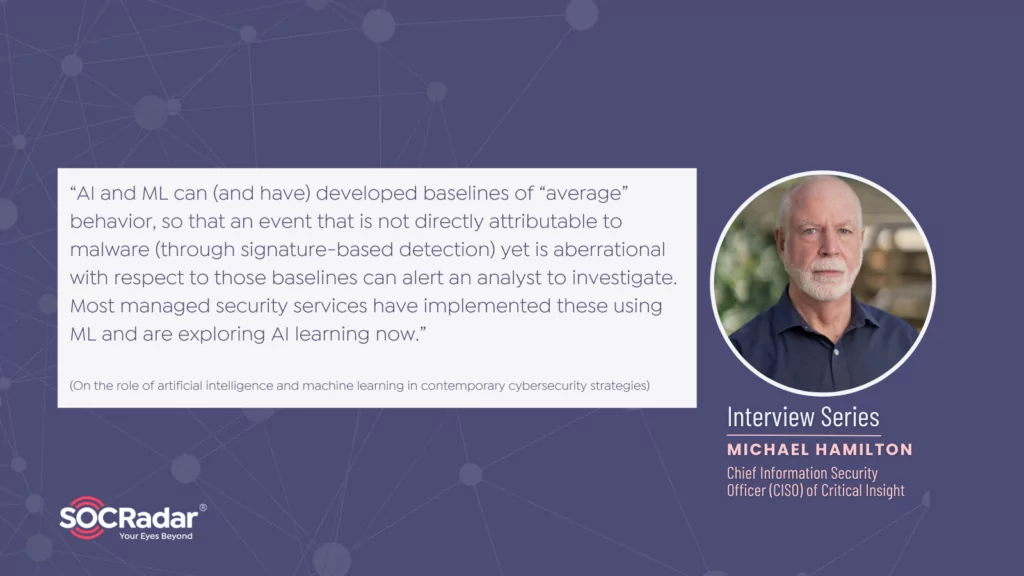
Prioritizing Security Investments & Creating a Culture of Cybersecurity Awareness
Michael noted that the areas requiring increased investment would not be disclosed but emphasized the need for strategic allocation based on specific organizational needs.
For CISOs interacting with non-technical stakeholders, Hamilton recommended avoiding technical jargon and focusing on business outcomes and financial impact.
To foster a culture of cybersecurity awareness, Michael Hamilton stressed the importance of constant reinforcement through demonstrations of attempted compromises, security awareness training, and regular updates on crucial cybersecurity events.
In Michael Hamilton’s view, curiosity, networking knowledge, familiarity with regulatory requirements, and strong communication skills are essential for success in cybersecurity. The specific skills required may vary depending on the role.
Michael Hamilton’s closing advice for fellow CISOs was to prioritize risk governance, set up a committee with executive leadership representation, and ensure that identified risks are adequately documented and addressed to mitigate potential negligence claims.
In conclusion, the ever-evolving cybersecurity landscape demands constant vigilance, adaptability, and a focus on resilience. Michael Hamilton’s insights offer valuable guidance for organizations seeking to navigate these challenges and strengthen their cybersecurity posture.
About Mike Hamilton, MS
Michael Hamilton is the Founder and CISO of Critical Insight and the PISCES project for cyber analyst training. In a career spanning more than 30 years, Michael has served as a Cybersecurity Policy Advisor for Washington State, Vice-Chair of the State, Local, Tribal, and Territorial Government Coordinating Council (SLTTGCC), Chief Information Security Officer for the City of Seattle, and Managing Consultant for VeriSign Global Security Consulting. In a previous life, he developed algorithms for hyperspectral remote sensing as an Ocean Scientist at the NASA Jet Propulsion Laboratory.































